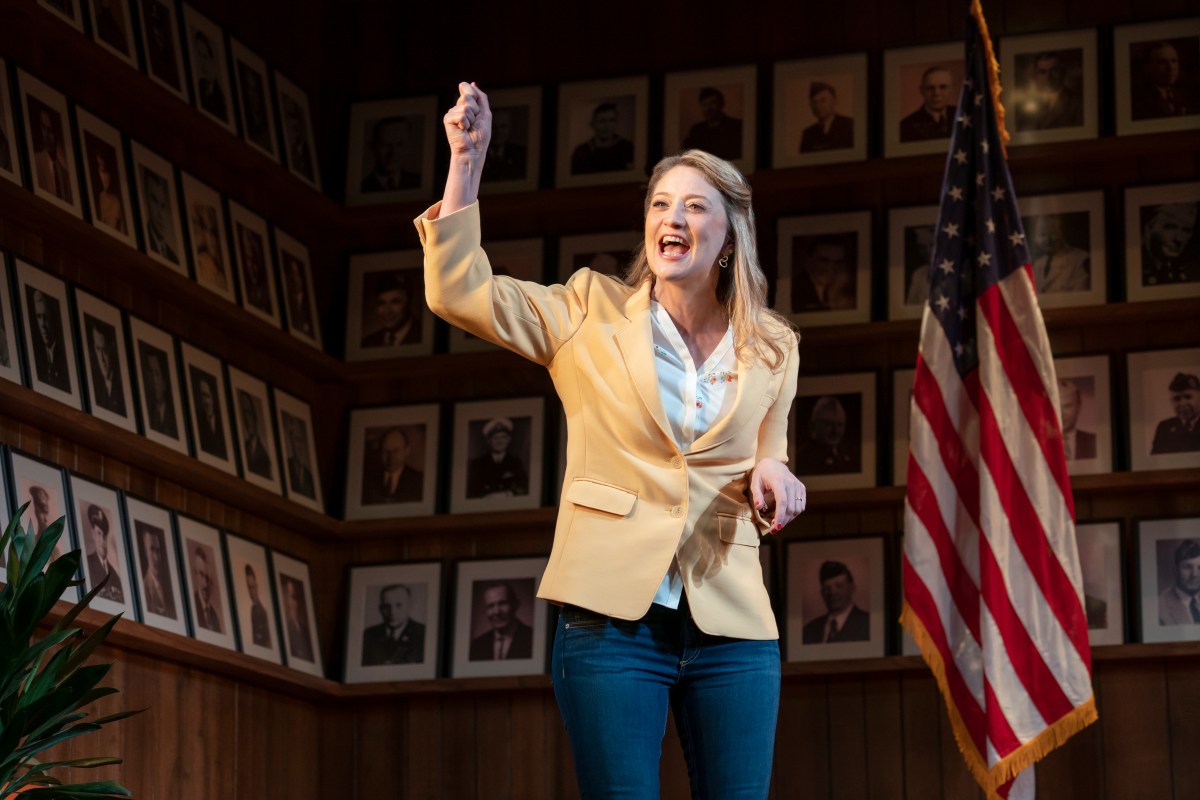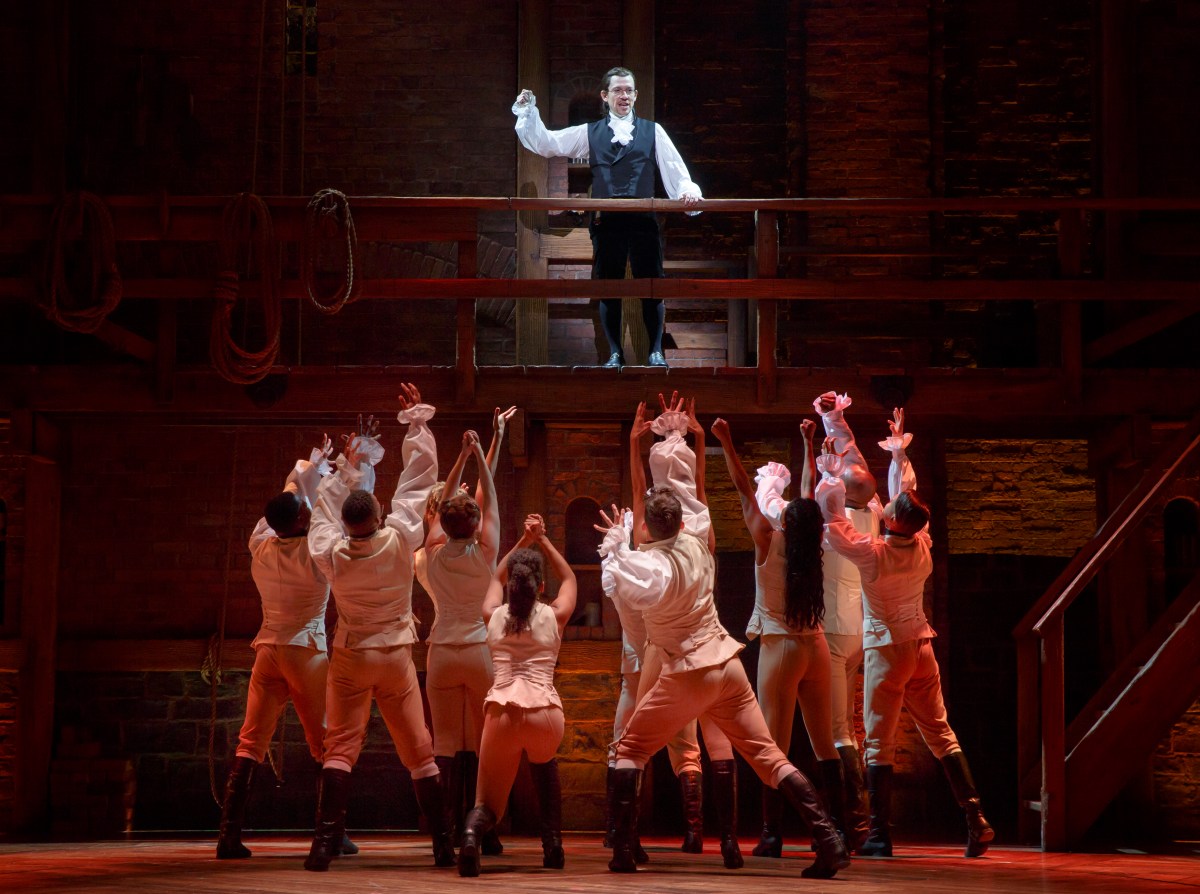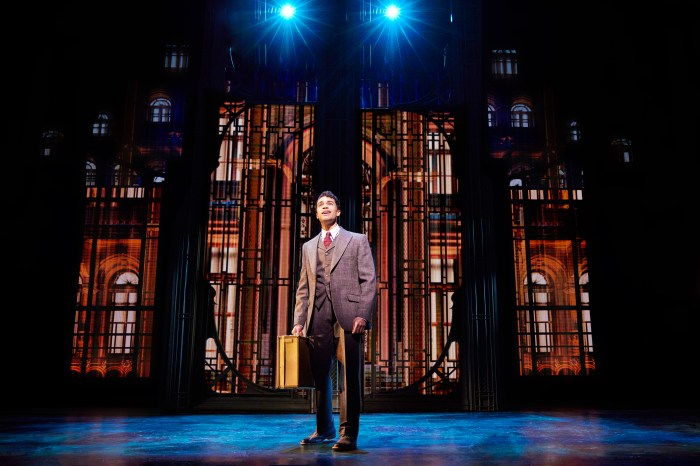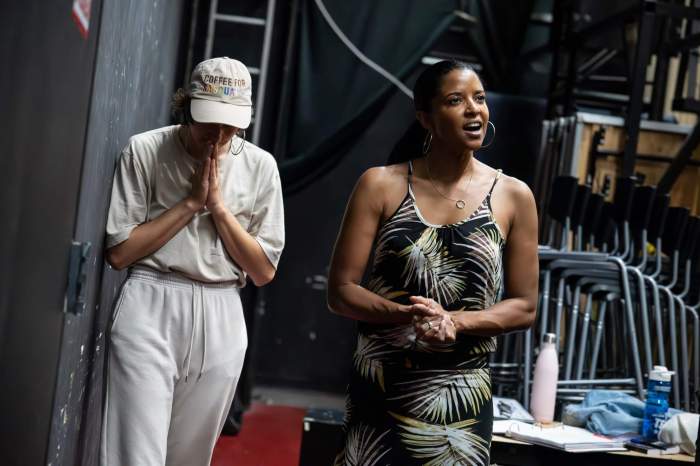Not surprisingly, the Broadway community reacted to Donald Trump‘s victory in the 2024 presidential election with a mix of fury, melancholy, and bewilderment — as immediately displayed on social media.
In a video, Patti LuPone declared that “whoever intended to dumb down the citizens of America has done a fantastic job. We are dumb as sh*t.” Likewise, Steven Pasquale wrote “congratulations on being immeasurably f*cking stupid and choosing Nazis and white supremacists over…women.”
Meanwhile, former New York Times theater critic Ben Brantley said “goodbye to the experiment in democracy called the United States of America.”
Looking ahead, Trump’s re-election will surely have a significant impact on Broadway and the theater community, including the shows that are presented and the industry’s economics.
Producer Ken Davenport noted the famous American plays that were created as acts of political protest, such as Arthur Miller’s “The Crucible” (in response to McCarthyism) and Tony Kushner’s “Angels in America” (in response to the AIDS crisis).
“The thing about theater makers is that during times like these, they put their passion for what they believe into their art. … And that is one of the things that keeps me optimistic,” Davenport said.
Eight years ago, shortly after Donald Trump won the 2016 presidential election, the Broadway production of “Hamilton” made national news when Brandon Victor Dixon, who was playing Aaron Burr at the time, made a post-curtain speech addressed to then-Vice President-elect Mike Pence (who was in the audience at the time), declaring that “we are the diverse Americans who are alarmed and anxious that your new administration will not protect us, our planet, our children, our parents, or defend us and uphold our inalienable rights.”
A few months later, a controversial Shakespeare in the Park production of “Julius Caesar” turned the title character into an unsubtle caricature of Trump, prompting serious debate, censure, sponsor walkouts, and mid-show disruptions by a few angry protesters.

The plays and musicals produced over the next four years will likely depend on what theater artists feel compelled to express and on what audiences want to see—thoughtful political dramas or feel-good musicals.
For instance, one of the most successful dramas of 2019 was Heidi Schreck’s “What the Constitution Means to Me,” a freewheeling monologue in which Schreck examined both her personal history and the impact and shortcomings of the Constitution and Supreme Court cases affecting women’s privacy, equality, and safety.
Joshua Harmon’s “Prayer for the French Republic,” which did not premiere until 2022 due to the pandemic, explored the spread of anti-Semitism in France immediately following the 2016 election, with implications about what it could mean for Jews in the U.S.
On the other hand, the most popular Broadway show of 2017 was the revival of “Hello, Dolly!” with Bette Midler, which offered a giant dose of unadulterated joy.
Perhaps now is the ideal time for the return of “Mamma Mia!,” which offered escapism when it first opened right after 9/11.
Beyond programming choices, small theater companies in New York and throughout the country could be severely impacted if the new Trump administration curtails, or even eliminates, the National Endowment for the Arts. The loss of governmental funding could be the final straw for numerous theater companies that have struggled financially since reopening after the pandemic.
“I fear that many government-supported agencies, such as the NEA, the NEH, the Corporation for Public Broadcasting, NPR…will be severely hampered by this ‘new’ administration,” said theater historian and arts professor Laurence Maslon. “Will private funding come in and support the difference? It did, and it didn’t during previous unsympathetic administrations. How that seed money and support sustains itself, I don’t know. Alas, it will be many months before we can begin to detect the results.”




































